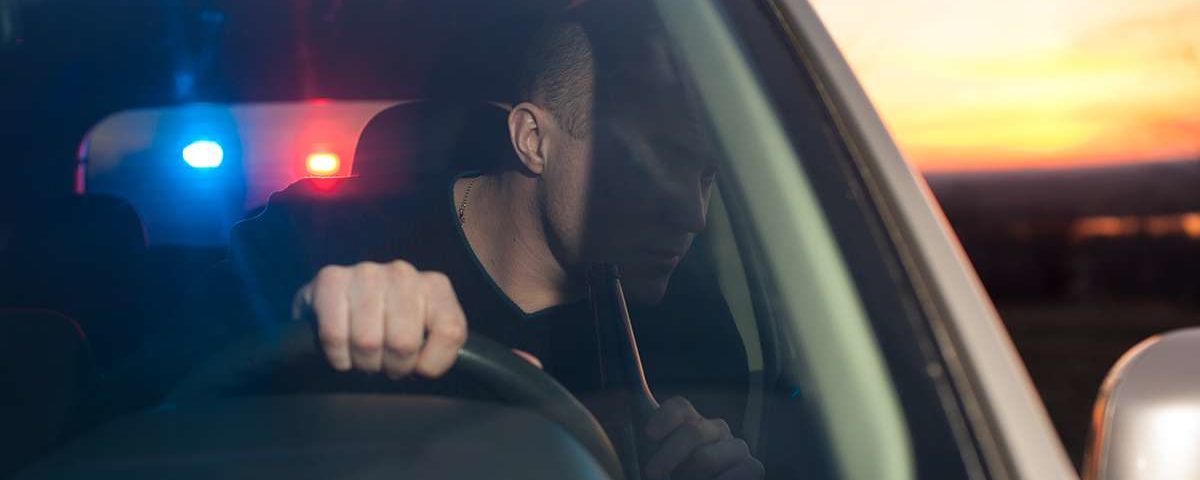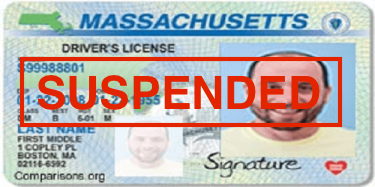What to do when you get pulled over, because you don’t want to get this wrong

That WTF Moment When You See Flashing Lights in the Rear View Mirror:
Being pulled over can be scary; let’s be honest. It can also evoke anger, and navigating the encounter successfully means accepting being at the low end of an unequal relationship. This can be difficult for some. The whole situation isn’t exactly ideal, and it’s hard to stay cool and be our best selves.
But being pulled over is a common experience. The way you react can strongly influence how the encounter turns out.
A few things to keep in mind first.
The officer who pulls you over is doing their job. It takes a special kind of person to enter the police or the Armed Services. These are people who may be required to put themselves in harm’s way on a daily basis. They are not in it to get rich. The vast majority are decent people who try to do their job as best they can, like all of us.
But it’s important to understand what the officer’s job is.
Unless they are responding to your call for help, and sadly, even then, the officer is not necessarily there to help you, and is not necessarily there to be your friend.
The officer is trained, and trained well, to seek out crimes, misdemeanors, and other illegal activity, and to issue tickets or make arrests. There’s more to it than that, but ultimately they are not social workers.
When you’ve got an awesome hammer, and you’ve practiced with it really well… you know how this goes, right? … everything starts to look like a nail.
Some precincts have ticket quotas, and some struggling municipalities end up depending on tickets, fees and fines for part of their budget.
The officer is just doing their job. There are a few basic rules to keep in mind, but the most important one is this:
Attitude Counts, and Safety First
Try to keep in mind that the officer is just a person trying to do their job, and understand that officers put themselves at risk in encounters like these.
Be polite and respectful. Always address the officer respectfully. Always keep your hands where the officer can see them. Always announce first if you plan to reach into/over anything, or do anything that would obscure your hands from view. Always follow a direct order, but know what is or isn’t a direct order that you must follow.
Let’s go through this, step by step.
By the way, even if you have no reason to be concerned, and if you have nothing to hide, it’s still smart to be cautious. If you have ever driven home after having a glass of wine, you’ve probably committed an arrest-able offence. Out-of-date registration, a broken light, or any number of seemingly innocuous things could make a traffic stop go wrong.
OK. You see flashing red lights in the rear view mirror, and maybe hear a chirp.
Unless it’s really dangerous, pull over immediately. Signal, slow down, and find a place right away to pull over. Don’t take too long about it. If there’s no cliff or on-coming traffic, it’s probably okay. The officer will direct you to move if it’s not.
Turn your emergency flashers on, then turn on your interior light, and turn off your car. Put your keys in the cup, and roll down your window about one-third of the way. Why? We’ll get to that later.
When the officer approaches your vehicle, you can offer a polite and respectful greeting. “Hello, Officer.” If the officer asks if you know why you have been pulled over, always say no, politely. Because you have turned on your interior light, the officer can see your hands (in your lap or on the wheel), and feels just a bit safer.
If the officer asks if you know how fast you were going, there are two schools of thought. One says to simply say “Yes, Officer,” and then stop. Never admit speeding. You may add, “Why have I been pulled over?” said with the highest level of sincere-sounding respect you can manage. If you were going over the limit and the officer has a radar gun or other speed detector, you’ve probably got a ticket, but your attitude could influence the result. The other school advocates responding to “Do you know how fast you were going?” with “No, Officer, not exactly; my eyes were on the road.”
The officer will ask for your license and registration. Even if you feel silly, announce first, “OK, my license and registration. I’m going to reach over into the glove box for the registration. OK, got it. And I’m going to reach into my pocket/purse for my license. OK. Here you go, Officer.”
Hand over your license and registration through the window that’s only one-third open. Why is it only one-third open?
Unless an officer has probable cause, your car cannot be searched without your permission. However, if an officer smells, or believes or claims they smell, alcohol or marijuana, that would be probable cause. Also, window only partially rolled down gives a limited view to the interior.
After handing over your documents, it’s time to wait. The officer will run your info. Just chill.
After a bit, the officer will return. Perhaps, before handing back your documents, the officer will “chat.”
“What’s up tonight?”
“What are your plans?”
“Where are you headed?” “Where’d you just come from?”
Do not chat. Do not be tempted. OK, there are also two schools of thought about this.
First approach: Do not ever say anything you don’t have to; never volunteer anything. Be polite but firm. Hand over all documents, but, if asked to roll down the window all the way, say, “Officer, respectfully, why have you pulled me over? Am I free to go?” If asked again, say, “Officer, I do not consent to a search of my vehicle.” This school of thought says that you should know and understand exactly what an officer can rightfully demand of you and what an officer may wrongfully suggest they can do.
You are required to hand over all documents, but you are not required to answer all questions. “Officer, why have you detained me/why have you pulled me over?” and “Officer, am I free to go?” are your friends.
The other school of thought is that stonewalling aggravates the officer, and may cause them to think that you have something to hide. This approach says that you should answer questions naturally, but never admit to anything that could possibly get you into trouble. This approach assumes that you can be trusted to manage the tricky ninja dance of “chatting” while providing only non-consequential, mindless, polite answers, against someone who talks to people and gets them to tell them things every day. You must be very alert. And you can incorporate the stock phrases above with polite “buffer” sentences, like an earnest, “Officer, I’m sorry, I can’t consent to a search of my vehicle. How else can I help?” and “Wow, what a beautiful evening/Woah, wicked rain today. Thanks for returning my license. Can I go now?”
To decide which approach to take, you must take context into account, and use your best common sense.
An officer understands these avoidance tactics, and they may indeed trigger more scrutiny, so keep that in mind as well. However, ultimately, if you understand your rights, you cannot be detained or charged with not helping to provide information beyond what is required. But you should also keep in mind that if you annoy an officer, if you are rude or hostile, there are many, many things the officer can find to charge you with. Do not annoy the officer. Also, just the same as when you are within earshot of a TSA agent, this is not the time to express your political views or make any kind of joke. Just don’t.
Be smart, and assess the situation. Be polite and respectful, but you can also be pleasant, even breezy. Just don’t say much. Smile, be agreeable, but don’t agree to everything. If the officer asks you to step out of the car, you may respond with, “Thank you, Officer. May I ask why you have pulled me over? Am I required to leave my vehicle? Am I free to go?” If the officer insists, you may be required to get out of your car, but you don’t have to agree to a vehicle search.
“Mind if I have a look around/inside?” the officer may ask casually, with a smile. They may make it sound like an order, or like “it’s no big deal,” but the officer cannot search your vehicle without your permission or consent, unless they have probable cause. You don’t have to give your permission. Just smile and say, “No. I’m sorry, Officer, I don’t consent to a search of my vehicle. How else may I help?” If they push back, just stand firm. You do not have to consent to a vehicle search, no matter how much the officer presses you.
To sum up: An encounter with the police is one time when you want to really, really try hard to keep your emotions in check. Always be polite, and never do anything that could be seen as threatening. Always keep your hands in sight. Never, ever try to drive off or run. If you can manage to be pleasant, it could help the encounter go better.
You can always rage about it later. Be prepared to keep it together during your stop, and your life will go on as usual. If you don’t, your life may change in an instant. You really don’t want to get this wrong.



